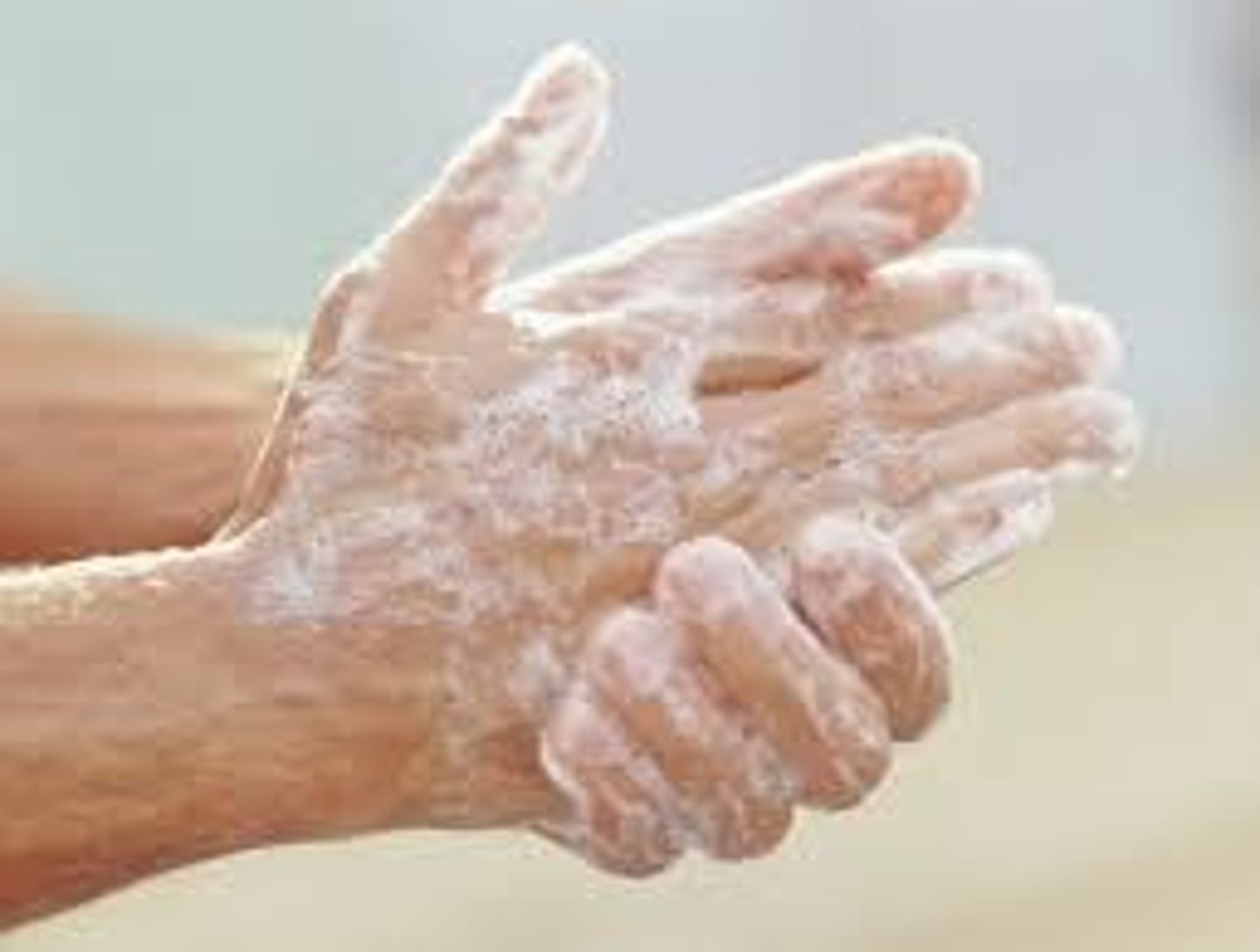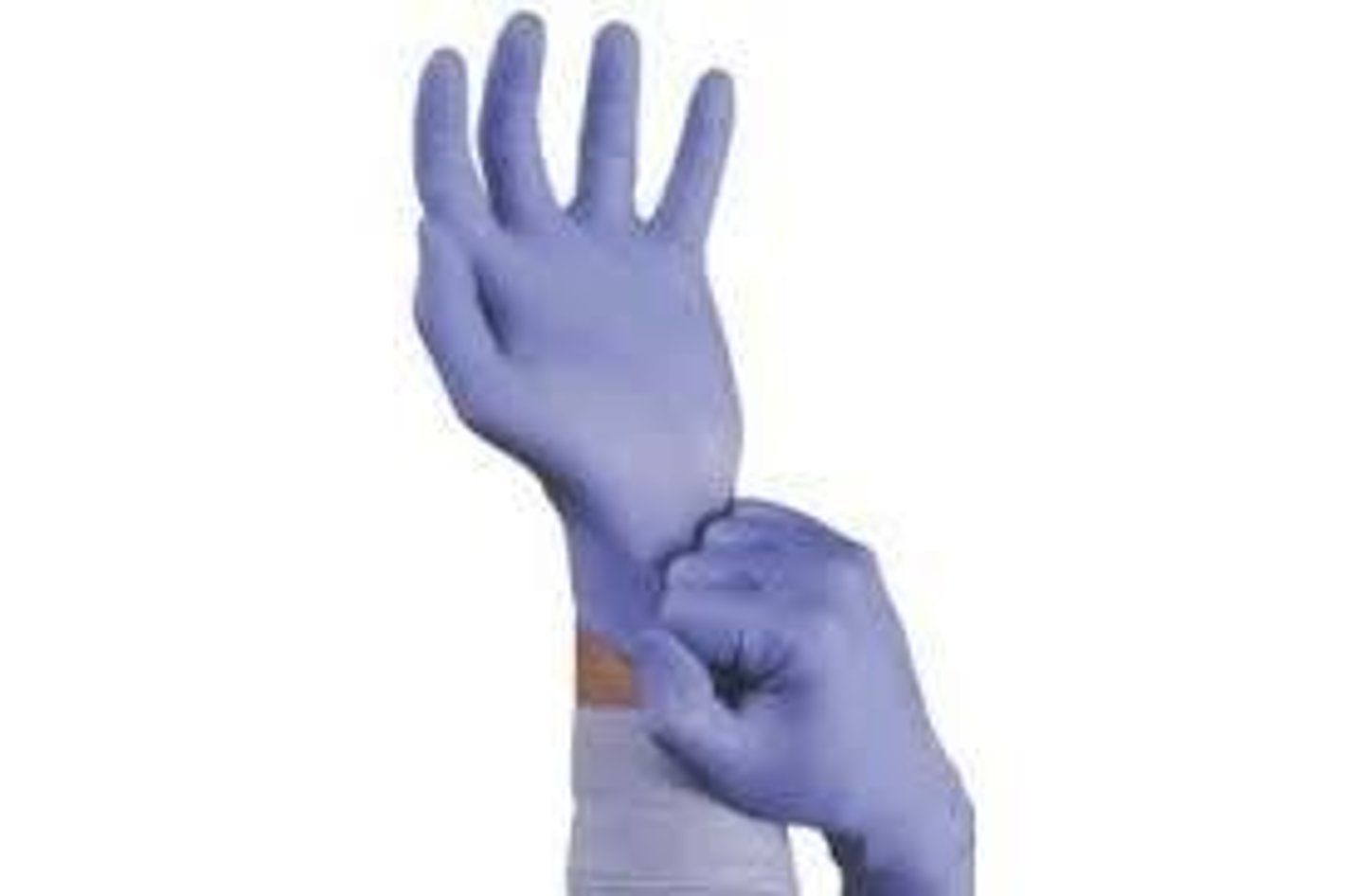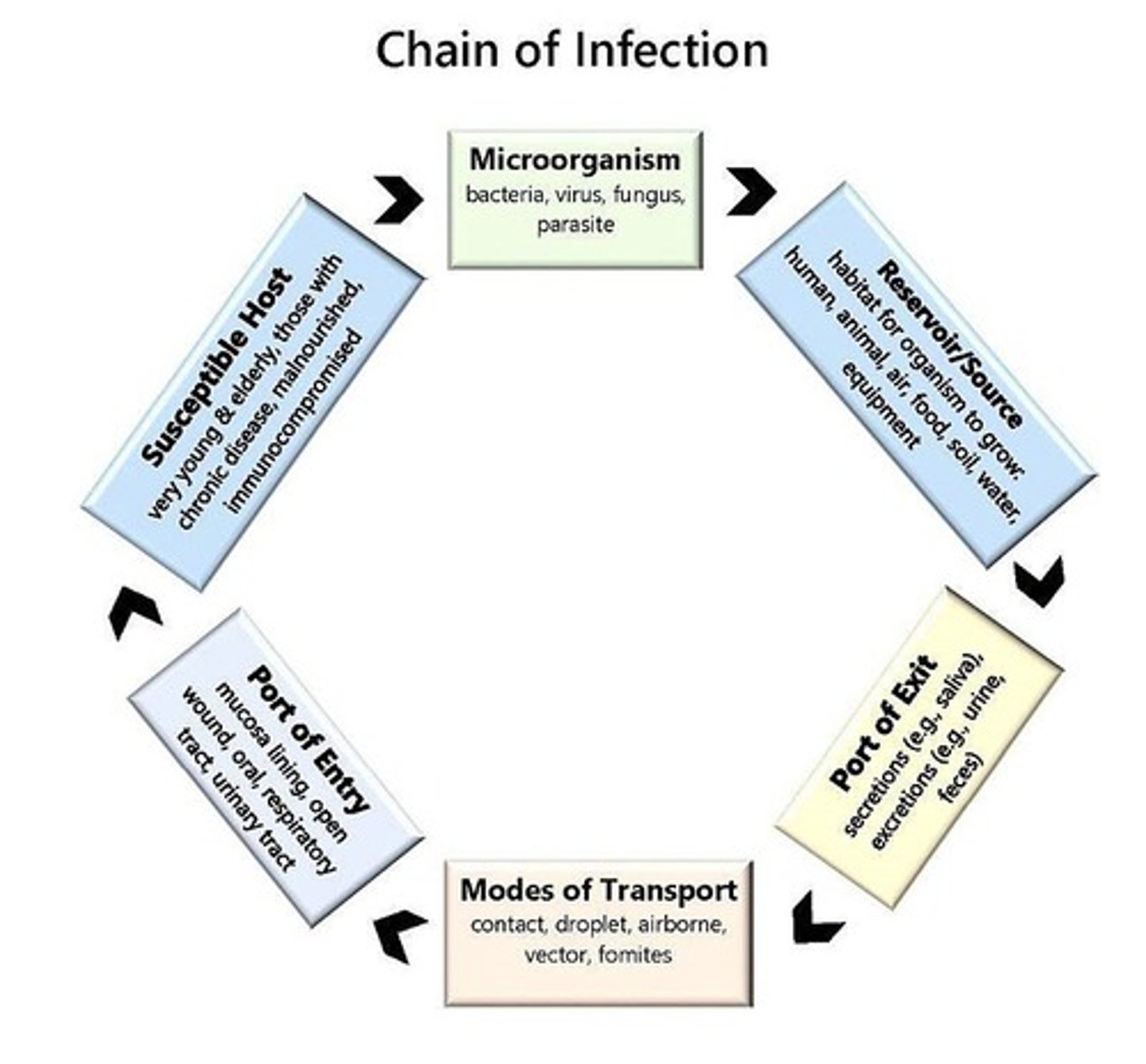Infection Control and Bed Making: Nursing Skills and Safety Protocols
1/27
There's no tags or description
Looks like no tags are added yet.
Name | Mastery | Learn | Test | Matching | Spaced | Call with Kai |
|---|
No analytics yet
Send a link to your students to track their progress
28 Terms
What is the most important technique for infection control and prevention?
Hand hygiene

What are the five moments of hand hygiene?
1. Before patient contact 2. Before aseptic task 3. After body fluid exposure risk 4. After patient contact 5. After contact with patient surroundings
What is the definition of asepsis?
The absence of pathogenic microorganisms.
What are the two types of asepsis?
1. Medical asepsis (clean technique) 2. Surgical asepsis (sterile technique)
What is the nurse's role in infection control?
Role modeling, patient education, and breaking the chain of infection.
What items are included in personal protective equipment (PPE)?
Gloves, masks, gowns, and eye protection.

What are standard precautions?
Infection control practices used for all patients, regardless of infection status, including handling blood and body fluids.
What are transmission-based precautions?
Precautions used for patients known or suspected to be infected with pathogens that can be transmitted via contact, droplet, or airborne routes.
What should be done if hands are visibly soiled?
Wash hands with soap and water.
What is the purpose of bed making in patient care?
To provide comfort, maintain a clean environment, and allow for social interaction.
What are the key concepts in body mechanics?
1. Wide stance 2. Bend at the knees 3. Keep body alignment 4. Tighten stomach muscles 5. Keep weight close to body
What is the significance of using a comfortable working height for bed making?
It helps prevent musculoskeletal injuries.
What is the difference between an occupied bed and an unoccupied bed?
An occupied bed is made while the patient is in it, while an unoccupied bed is made when no patient is present.
What is the correct position for a semi-fowler's bed?
Head of the bed elevated at 30-45 degrees.
What is the purpose of mitered corners in bed making?
To secure the linens tightly and prevent them from coming loose.
What should be done with soiled linens?
Place them in the appropriate receptacle for disposal.
What is the recommended action for a nurse if they miss a nursing practice lab?
Contact the instructor, submit a learning activity, and provide a learning plan.
What is the role of self-directed learning in the BScN program?
It is an expectation for all courses, promoting independent study and engagement.
What should students do if masks are required in the laboratory?
Students and staff are responsible for providing their own supply.
What is the chain of infection?
The process by which infections are transmitted from one host to another.

What are the safety guidelines for lab attendance?
Arrive on time, complete homework before lab, and actively participate in learning activities.
Why is it important to maintain privacy while making a bed?
To respect the patient's dignity and comfort.
What should be checked for safety in a patient's environment?
Bed height, furniture placement, slip hazards, and adequate lighting.
What is the significance of using safe handling techniques when making an occupied bed?
To conserve the patient's energy and ensure their safety.
What is the importance of hand hygiene in infection control?
It reduces the risk of transmitting infections to patients and healthcare workers.
What should be done before performing any clinical procedure?
Perform the appropriate safety checks and ensure proper hand hygiene.
What is the expected outcome of demonstrating correct hand hygiene practices?
To effectively reduce the risk of infection transmission.
What is the role of the nurse in patient education regarding infection control?
To inform patients about practices that prevent infection and promote safety.